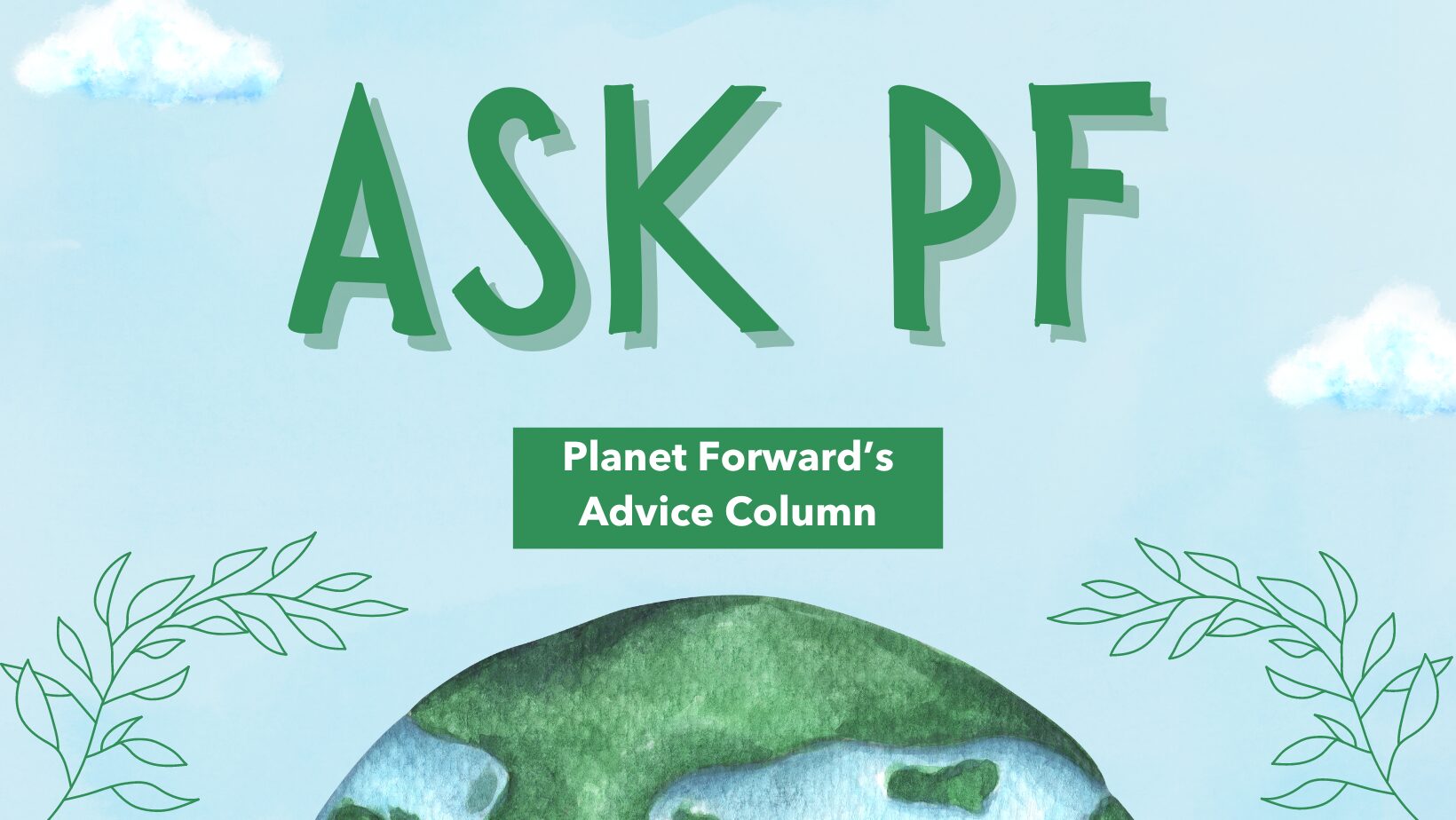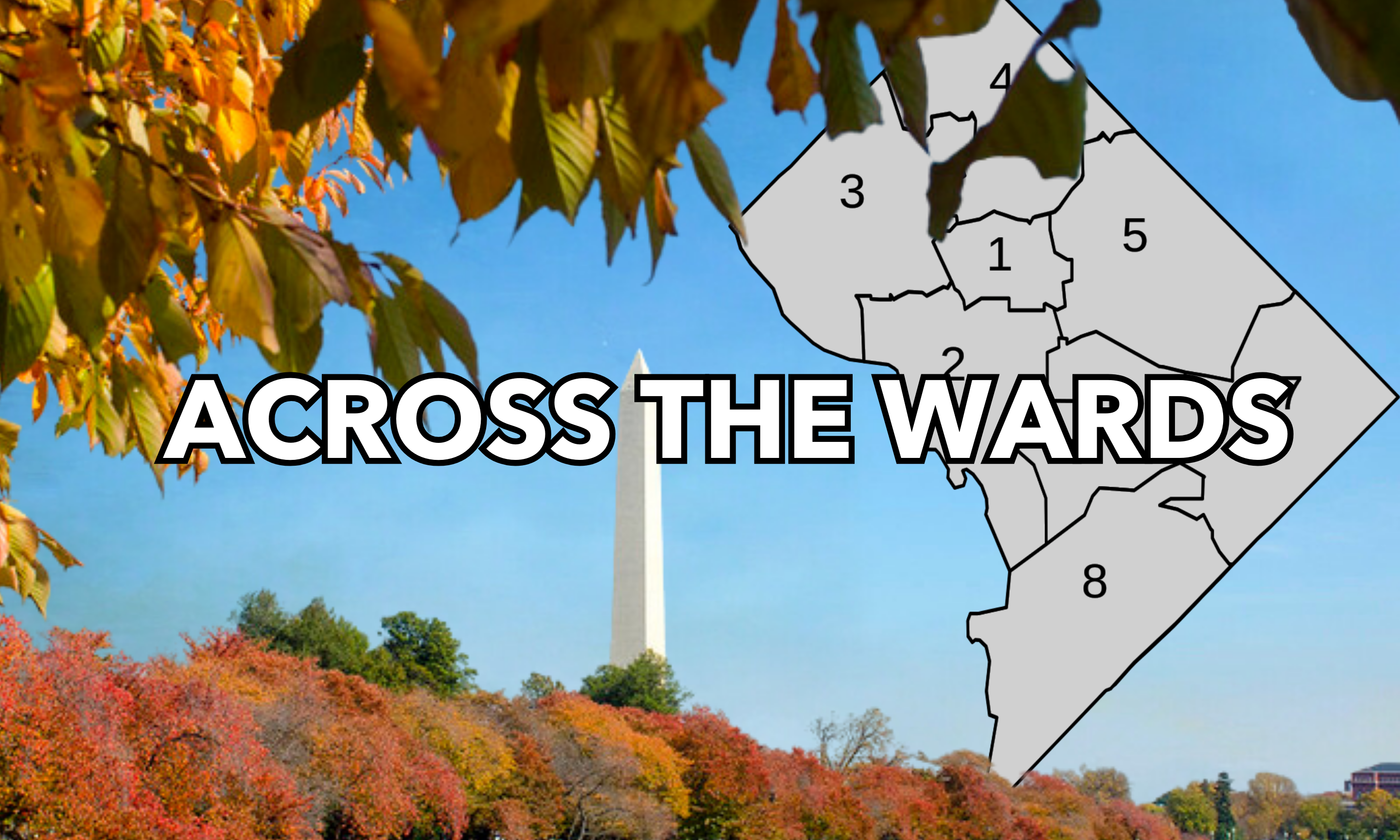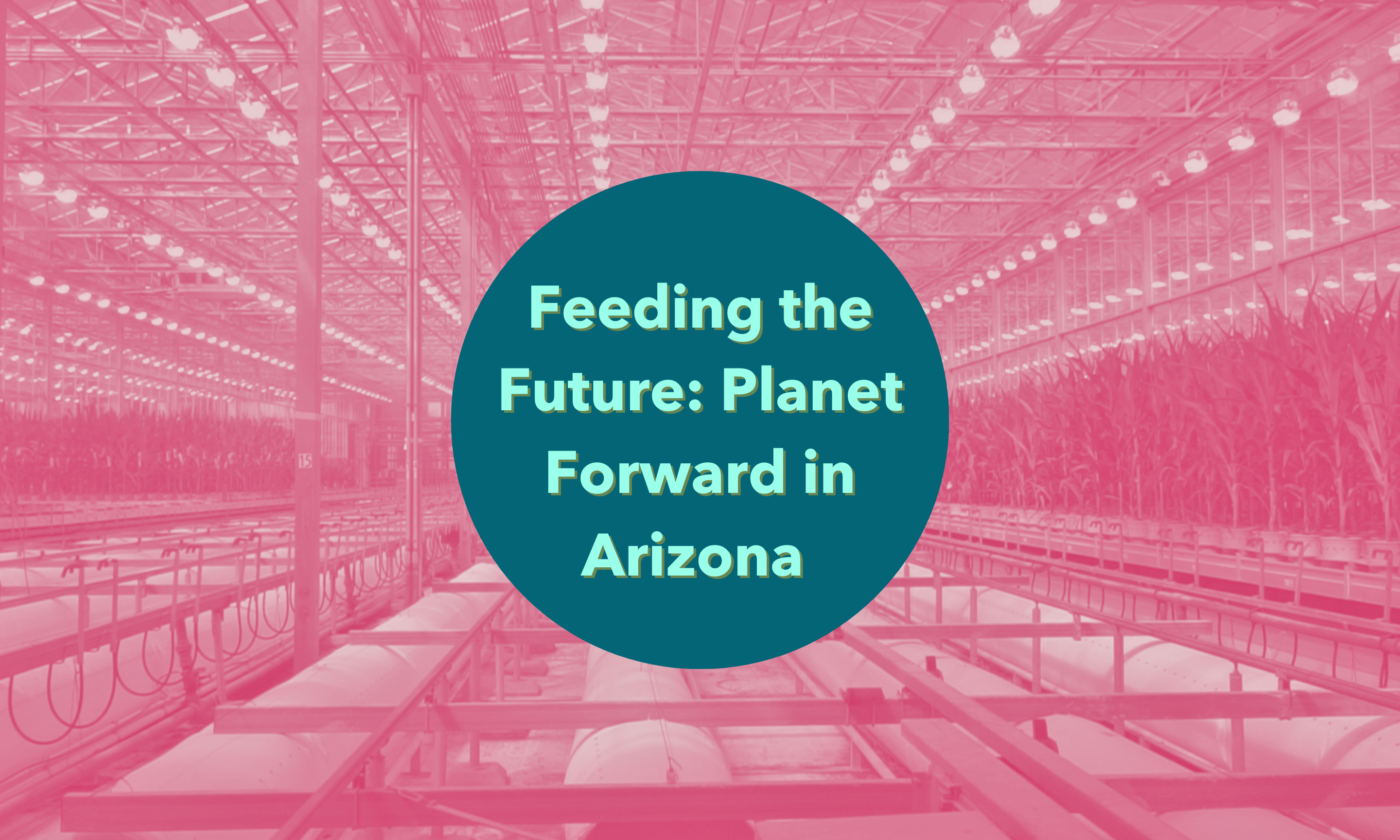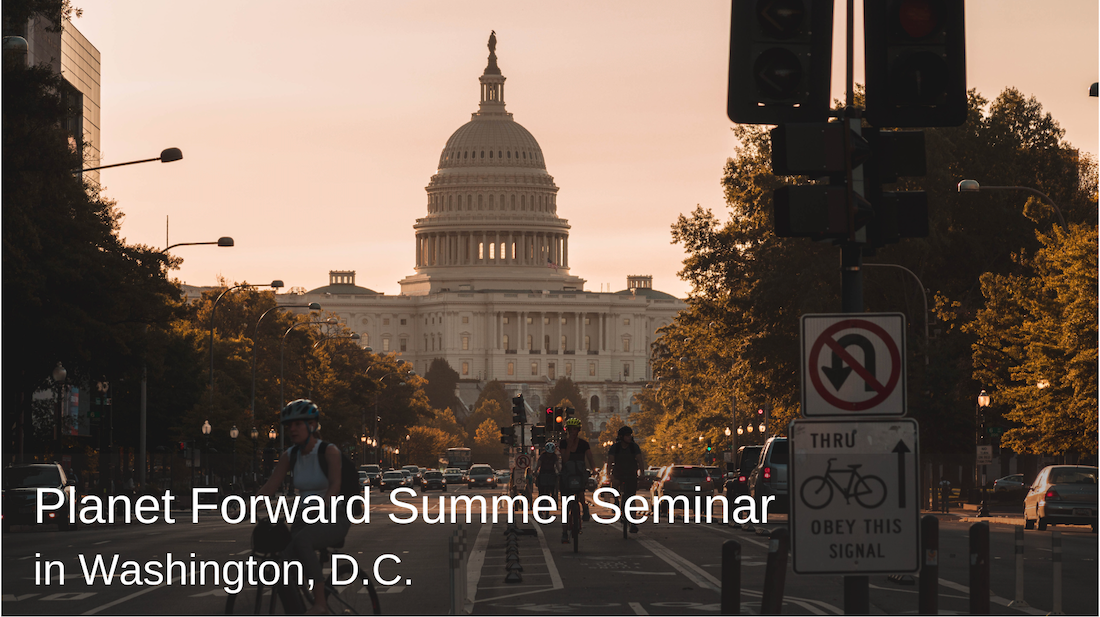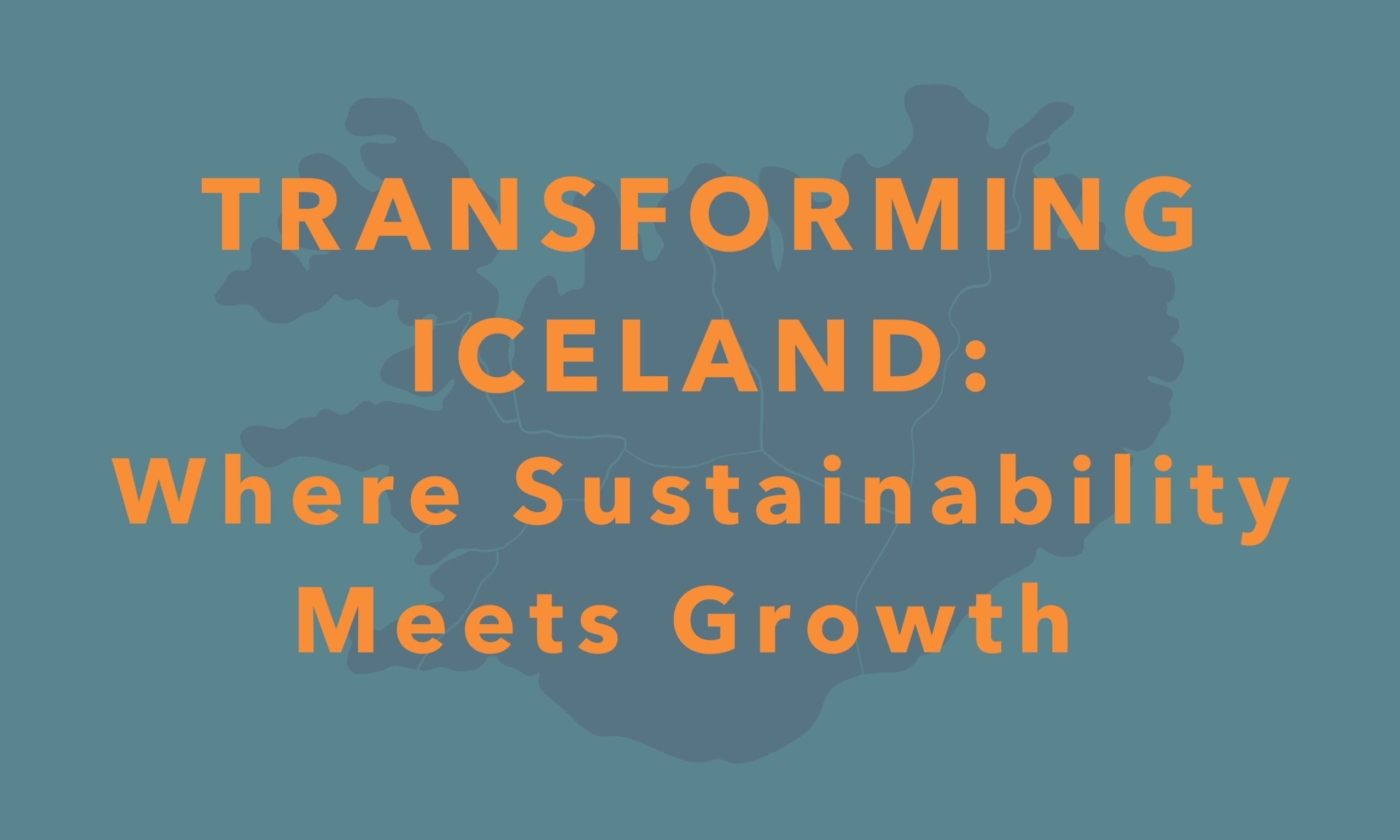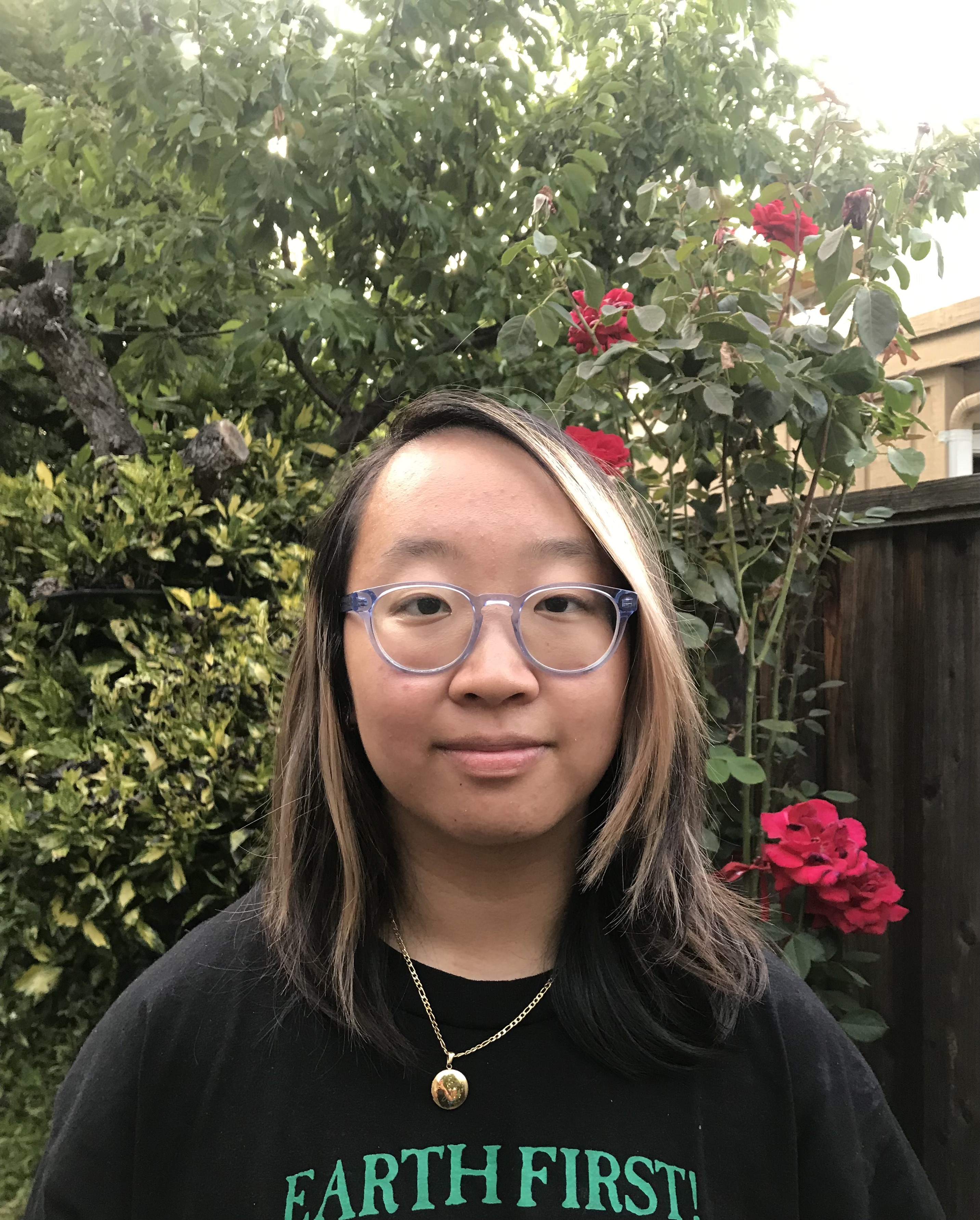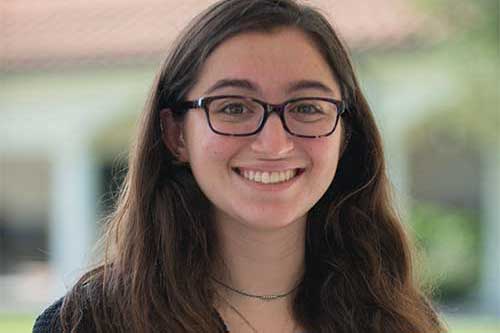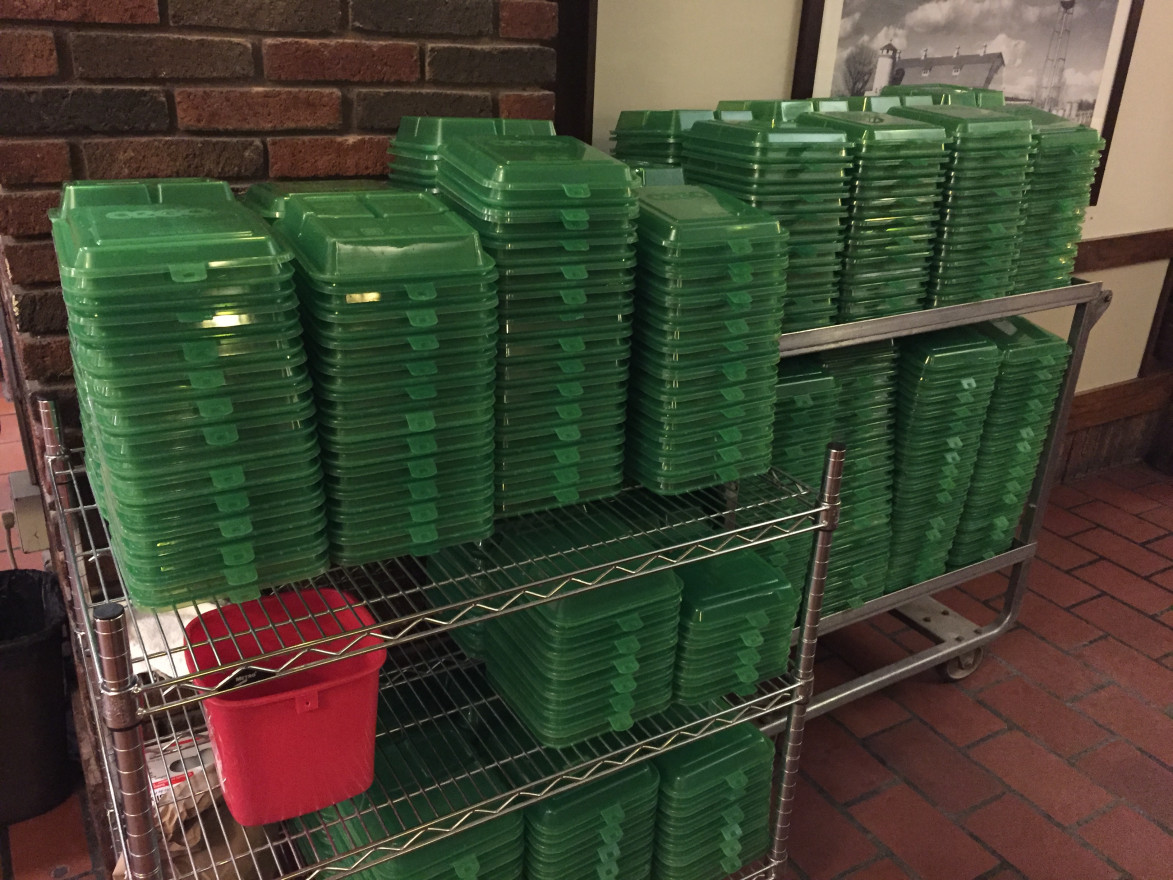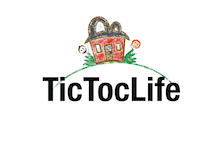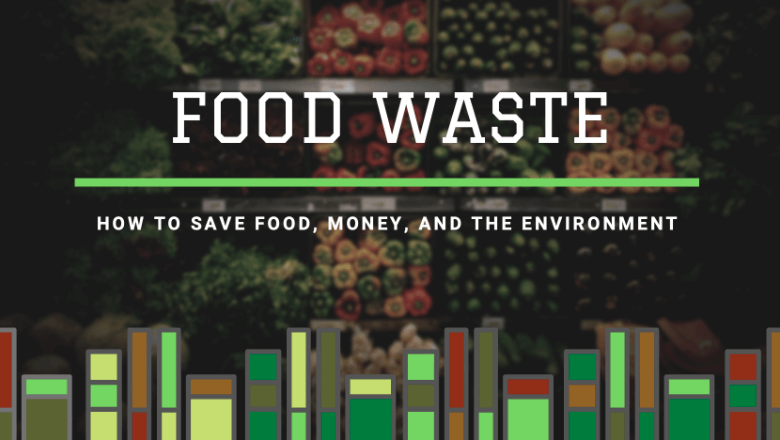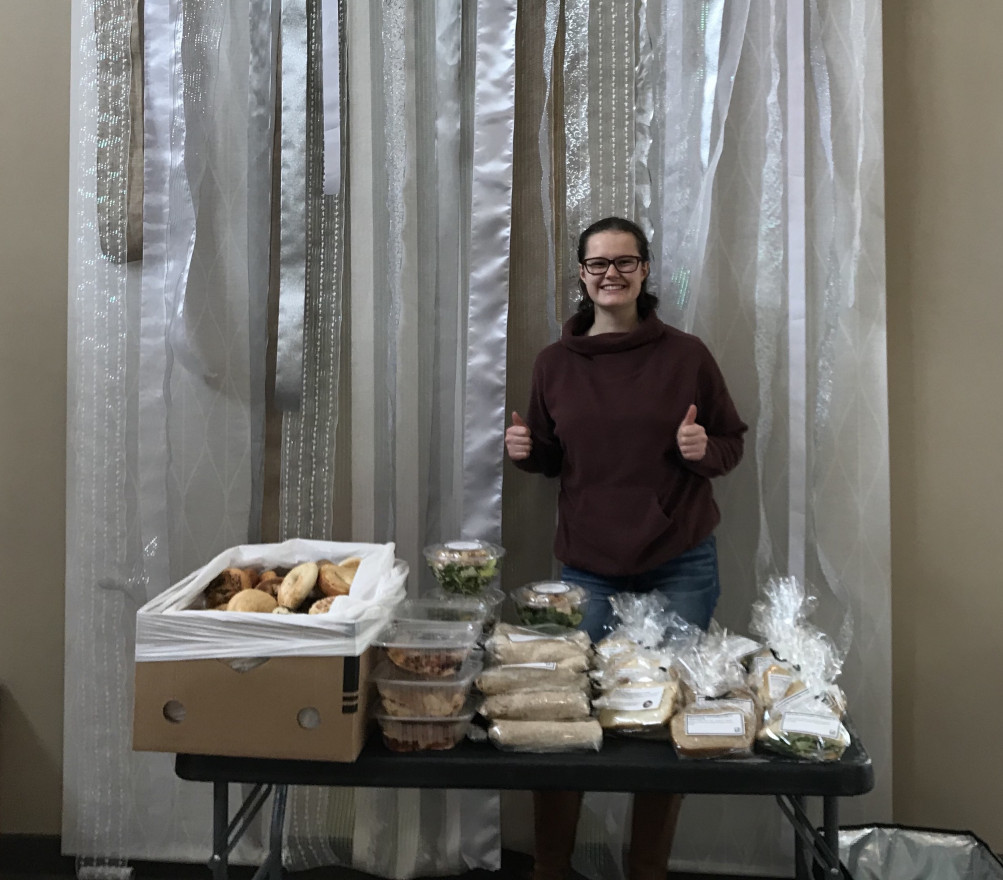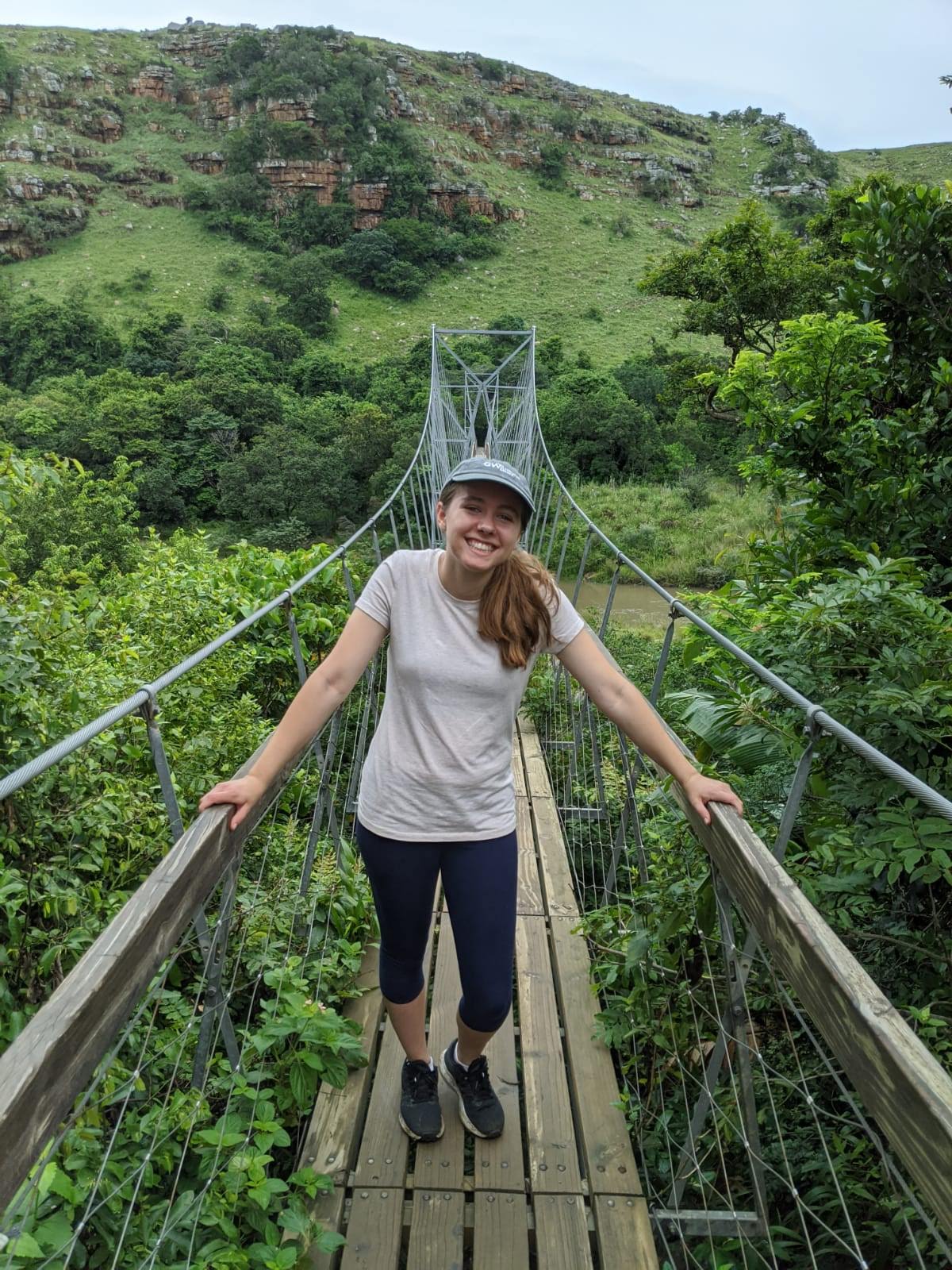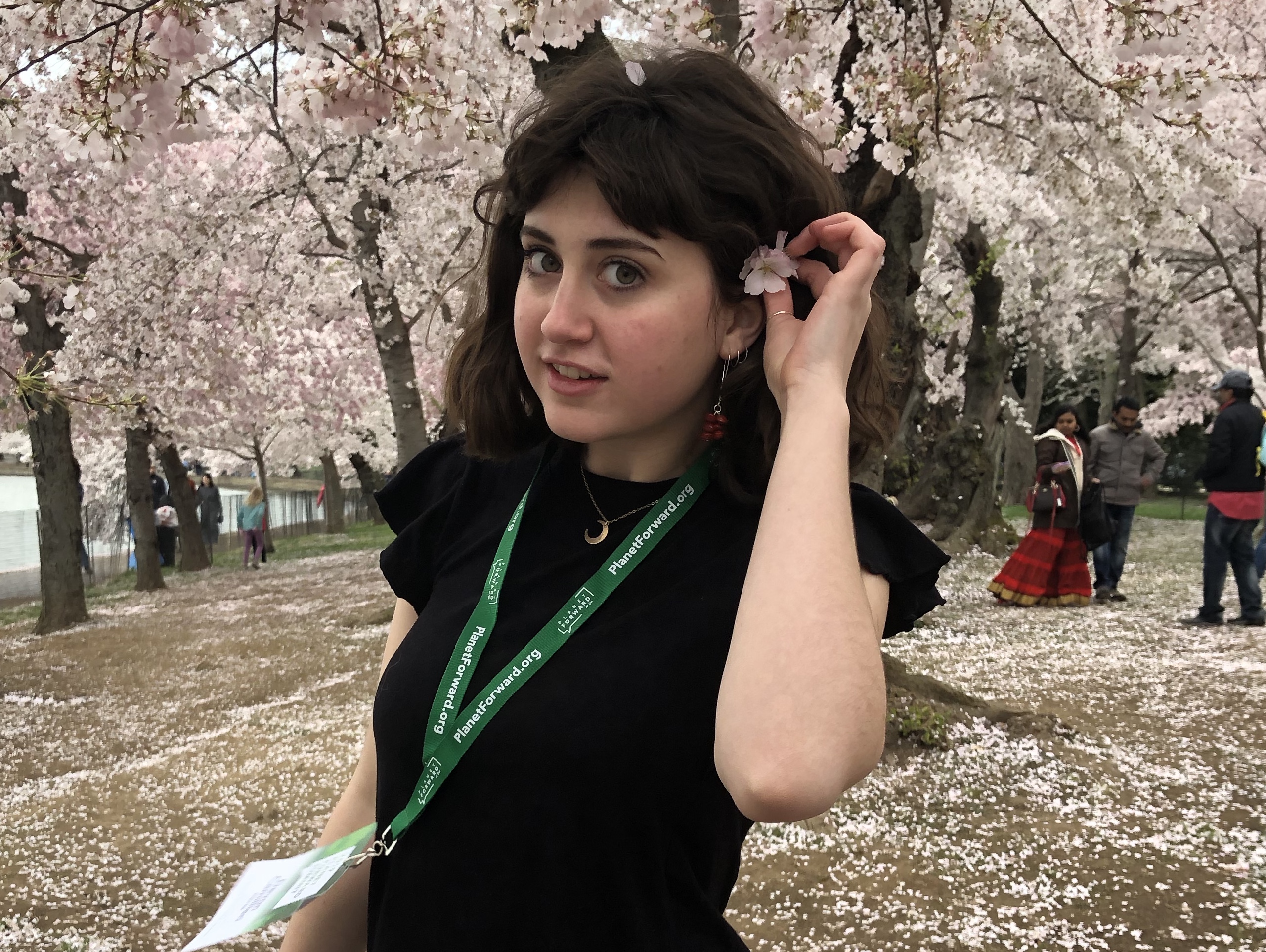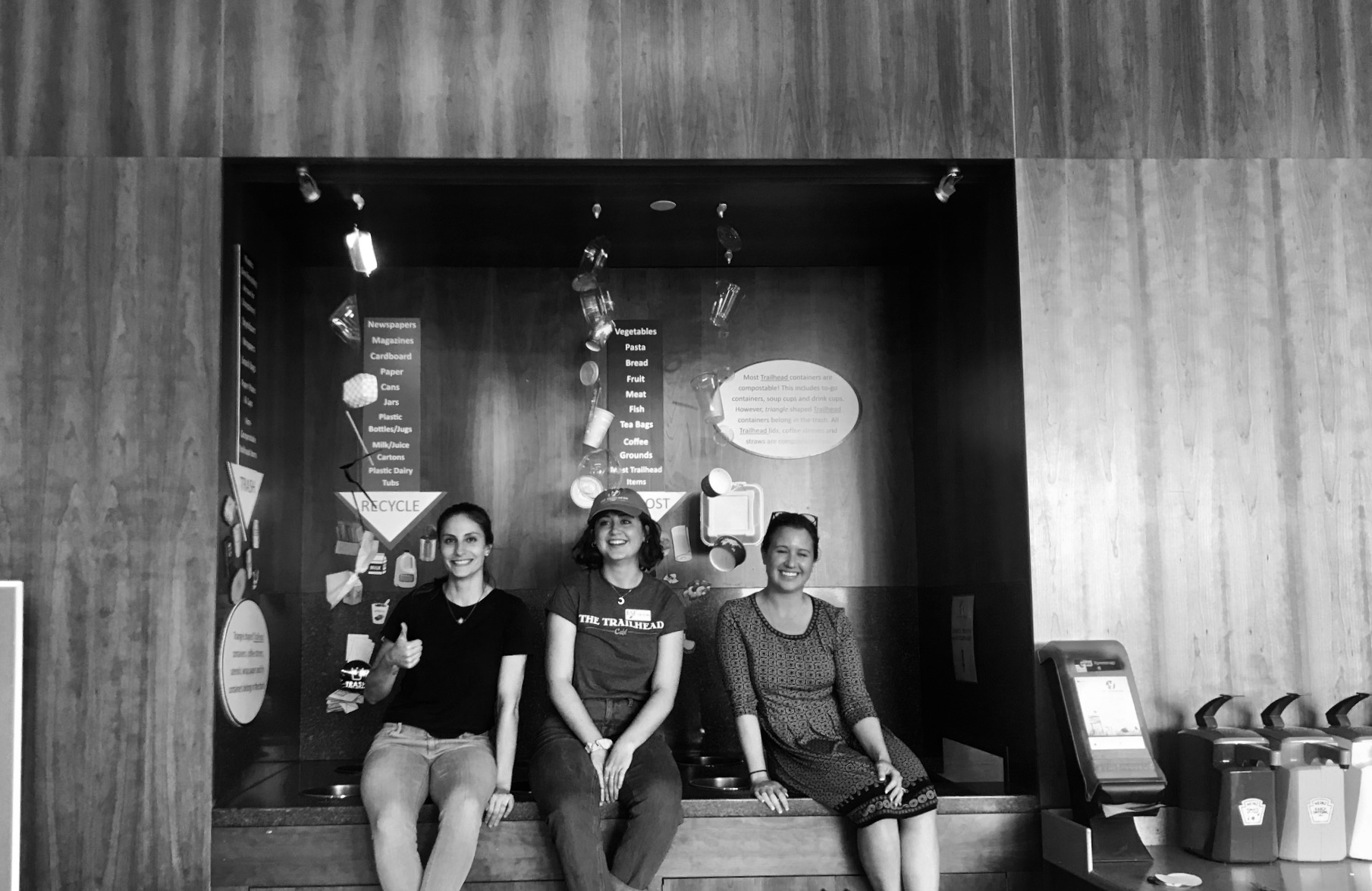

Food Waste
Hannah Richter
University of Chicago
Francesca Edralin
World Wildlife Fund
Arielle Bader
Planet Forward Correspondent | George Washington University
Frank Sesno
Founding Director | Planet Forward
Get the Newsletter
Get inspiring stories to move the planet forward in your inbox!
Success! You have been added to the Planet FWD newsletter. Inspiring stories will be coming to your inbox soon.
Greta Hardy-Mittell
Planet Forward Correspondent | Carleton College
Chris Wellant
Featured Contributor
Greta Hardy-Mittell
Planet Forward Correspondent | Carleton College
Lizzie Stricklin
Planet Forward Correspondent | George Washington University
Matthew Lauster
SUNY College at Brockport
Matthew Lauster
SUNY College at Brockport
Devon Camillieri
Planet Forward Correspondent | SUNY Environmental Science and Forestry
A project of

in collaboration with



